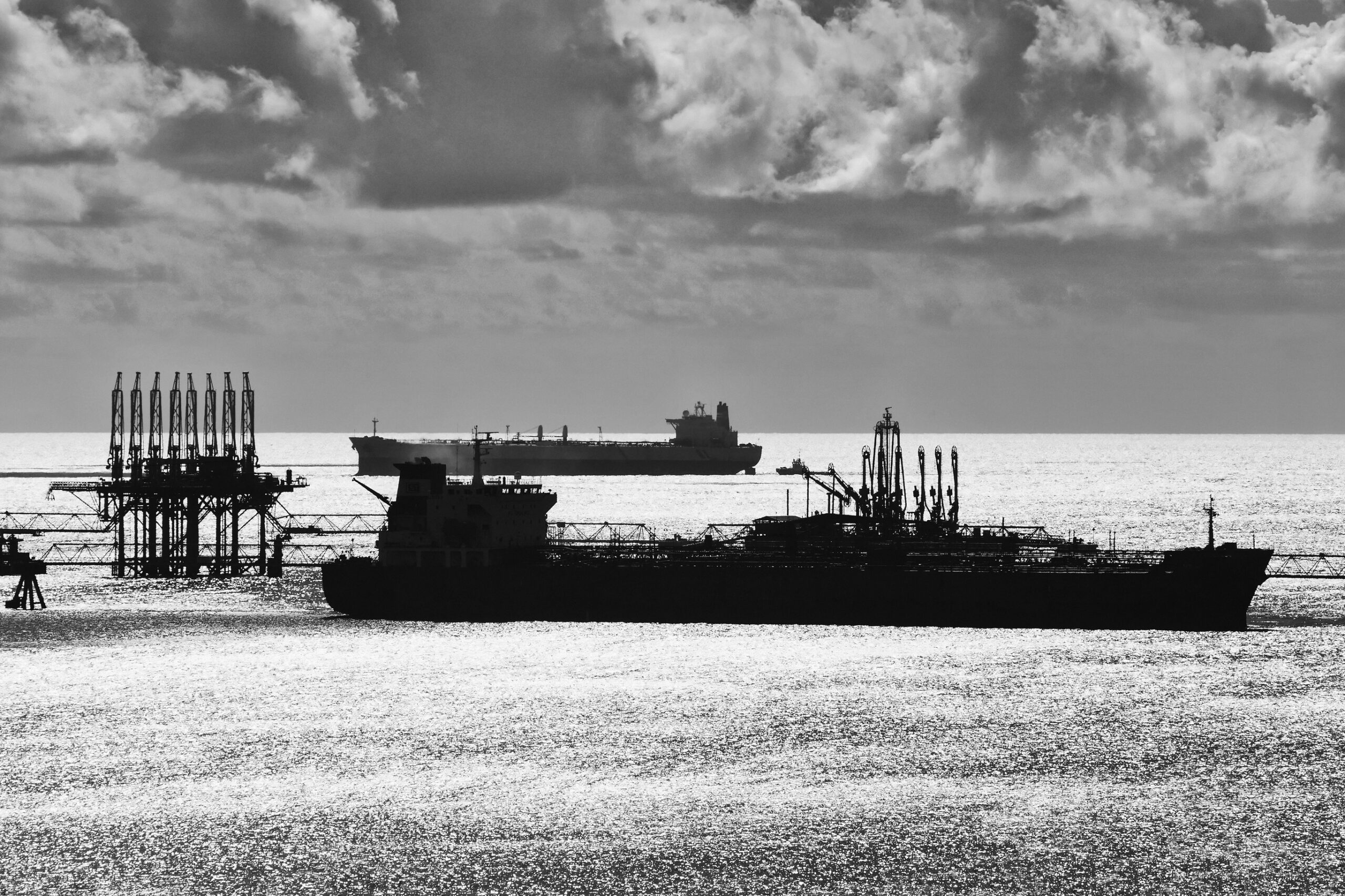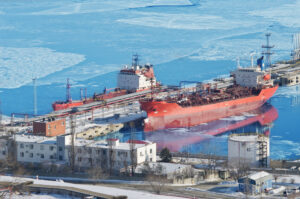UK has issued a red alert to Western banks, insurance and the professional service industry, to raise awareness over an oil trading network of companies suspected of utilising over 100 shadow fleet oil tankers.
The leading companies of this side of the network were two companies, both sanctioned by the UK in December 2024.
The sanctions evasion network utilised over 100 shadow fleet oil tankers, vessels which are usually over 15 years old, to carry large volumes of Russian oil, according to the alert issued by the UK’s law-enforcement agency National Crime Agency (NCA), HM Treasury’s Office of Financial Sanctions Implementation (OFSI), and Foreign Commonwealth & Development Office (FCDO).
The illegal practices allegedly used by the companies include switching off the ship’s automatic identification system (AIS) to avoid the ship’s movements being tracked, engaging in ship-to-ship transfers to obscure the origin of the oil before it reaches its destination, and regularly changing flags.
Over 400 shadow fleet vessels have now been sanctioned by the UK, EU, US and Canada.
According to the alert, the network was split between two sides, the “blue” that worked with entities in the global west, including banks, insurers and trading platforms and the “red” side of the network that traded Russian oil directly, with deliberately obscure ownership structures and many front companies that were designed to be replaced with ease if they were subject to Western sanctions.
The sanctions on these companies will have severely limited the network’s ability to access Western services and trade Russian oil profitably.
However, there are many more companies within this network, the NCA says, and the people behind it will likely continue to attempt to manipulate the system to benefit their trade by replacing sanctioned entities with freshly incorporated companies clean of sanctions but fulfilling the same role.
In 2024, 30% of Russia’s federal budget came from oil and gas sales. No single red flag is necessarily indicative of illicit or suspicious activity, NCA warns, adding that all the surrounding facts and circumstances should be considered before determining whether a specific transaction or customer is suspicious or associated with potential sanctions evasion.
The NCA urged banks and insurance industry to be on the lookout for companies with a “limited trading history” suddenly moving large volumes of oil and on alert if there are “multiple transfers between obscure companies.”
The red flag indicators also include companies that domicile in “high-risk” jurisdictions and often withhold information on their owners, directors and beneficiaries; and companies that often have a limited online presence with no company website or contact information.
As NCA explains, if a website does exist, generally it will contain generic stock photos, and no details on the individuals operating the company.



